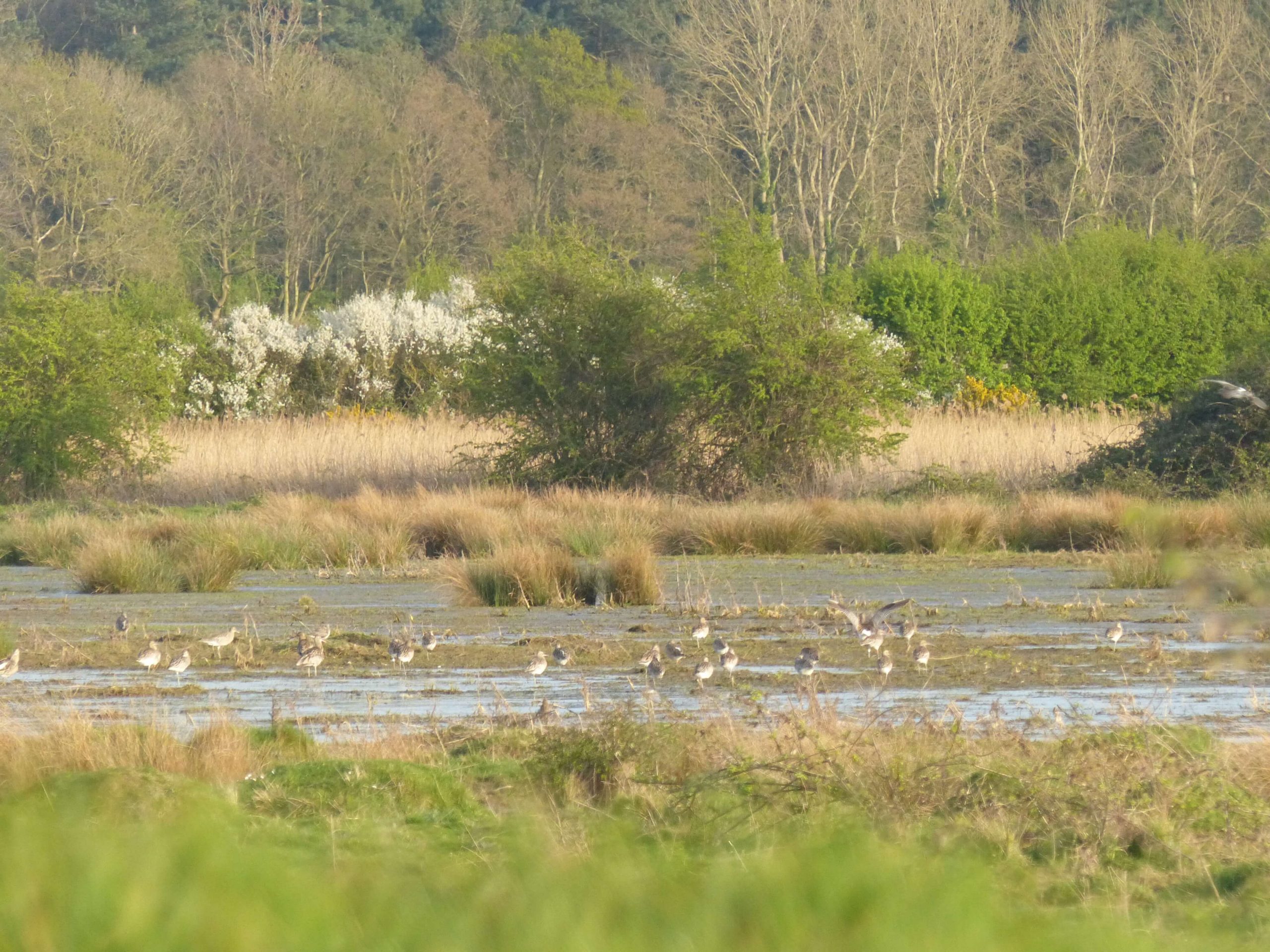


We have published a report on land use at Wild Ken Hill as part of our ongoing commitment to thought leadership. The document summarises our three-prong approach at Wild Ken Hill, which utilises rewilding, regenerative agriculture, and traditional conservation techniques in different parts of the 4,000-acre site.
Set in the context of the climate, biodiversity, and health crises, we think this is a powerful model that provides benefits to a range of stakeholders, and could be scaled up across lowland areas of the UK to help solve the UK land use conundrum. Indeed, while each of our rewilding, regenerative agriculture, traditional conservation initiatives are significant in their own right, what we find to be most exciting is the combination on one site. We have made a full version of the document available on our website, which comprises more detail on these issues.

When discussing our project, we are most commonly asked about the impact of rewilding on farming and food production in the UK. Unfortunately, debates on rewilding have often pitted rewilding and farming as enemies and almost as different ways of life.
Our document illustrates that rewilding and sustainable agriculture can coexist, and actually that they could be natural allies. For example, we expect the increasing availability of nectar in our rewilding area to result in greater abundance of pollinators across the areas where we are performing regenerative agriculture.

The UK needs both food and landscape scale ecological restoration – there is no getting away from that. Our approach helps to achieve this with a simple framework: poor quality farmland can be rewilded, existing areas of conservation interest must be well-managed, and good farmland must be used to produce food in a sustainable fashion.
At Wild Ken Hill, the land we have rewilded was the least productive of our site, with sandy soils suffering from blow-away soil erosion, persistent weeds, and consequently poor yields and high input costs. We think this land is much better suited for carbon sequestration and biodiversity gain than for farming.
And don’t forget, rewilding can act as a form of farming too. At Wild Ken Hill, we intend to introduce wild cattle and pigs; surplus animals from these herds will help to produce organic, pasture-fed meat. We also still manage a lot of good quality Grade 2 soils, where we are performing a full package of innovative farming techniques.

We think this will resonate with many landowners and farmers, who know full well that some of the land they farm is less productive than the rest, and perhaps unprofitable. It is in these areas that rewilding could prosper in lowland areas of the UK, providing corridors to link up existing conservation landscapes.
If you are a farmer or landowner and interested in using a hybrid model on your land, we would be delighted to explain how this works for us at Wild Ken Hill – please don’t hesitate to get in touch through the details on our website.
This document is the first of many that will showcase our work at Wild Ken Hill, so please stay tuned, and contact us if there are specific areas that you would like us to cover! And don’t forget to follow us on Instagram, Twitter and Facebook for more frequent updates!